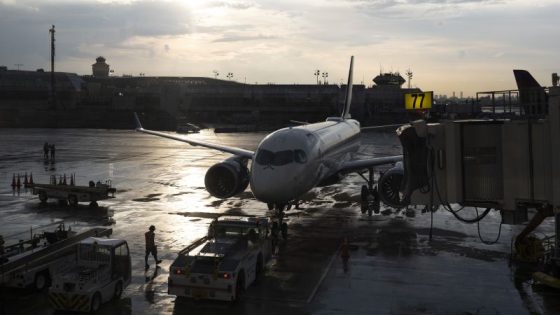On February 17, 2025, travelers faced the frustration of involuntary downgrades on flights, where passengers are moved from their paid class to a lower one. This issue, while not common, occurs more frequently than many realize, often due to overbooking or equipment changes.
- Involuntary downgrades can occur unexpectedly.
- Overbooking is a common cause of downgrades.
- Document downgrades for potential compensation claims.
- EU regulations offer better passenger protections.
- Early booking and check-in reduce downgrade risk.
- Know your rights regarding airline compensation.
Involuntary downgrades occur when passengers are moved to a lower class than originally booked, often due to overbooking or equipment changes. Airlines frequently sell more tickets than available seats, leading to situations where all passengers show up, resulting in downgrades. Anton Radchenko, who experienced this twice in 2023, emphasizes the importance of knowing passenger rights and being proactive in seeking compensation.
Key reasons for downgrades include:
- Overbooking: Airlines sell more tickets than seats to maximize profits.
- Equipment changes: Different aircraft may have fewer premium seats available.
- Crew needs: Sometimes, crew members may need access to premium seats for rest during long flights.
Radchenko successfully received refunds for his downgrades by documenting his experiences, including obtaining written reasons for the downgrade and keeping records of his communications with the airlines. He received $1,000 for his Delta flight and 75% of his ticket price for his British Airways flight due to EU regulations. Understanding these regulations can streamline the refund process for passengers traveling within or from the EU.
In conclusion, while involuntary downgrades can be frustrating, being informed about your rights and documenting your experience can lead to successful compensation claims. Passengers are encouraged to act promptly and assertively when faced with such situations.









![Is Chainlink [LINK] ready for a bullish breakout? Insights revealed](https://news.faharas.net/wp-content/uploads/2025/03/Chainlink-LINK-Poised-for-a-Bullish-Breakout-Uncover-Key-Insights-560x315.png)






















